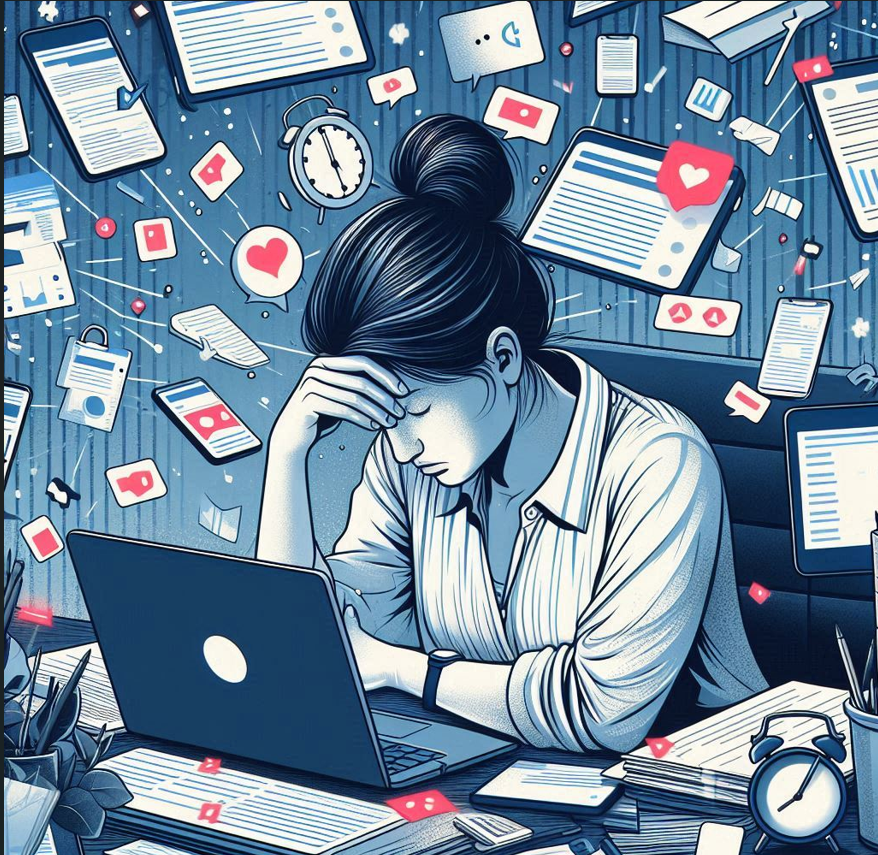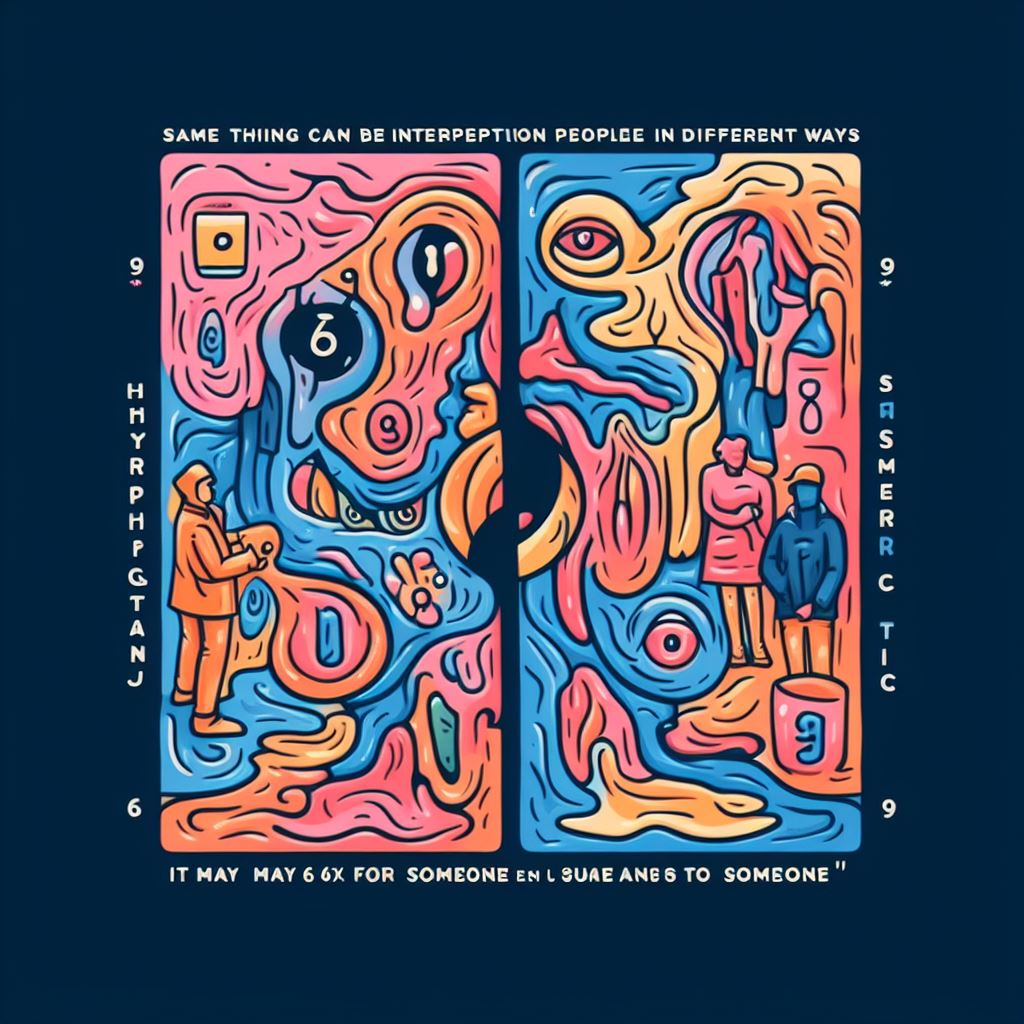The Rise of Hustle Culture
Hustle culture has become the new normal in today’s fast-paced world, where success is often measured by how busy we appear. From working long hours to juggling side gigs, many people find themselves trapped in an endless cycle of productivity. But beneath the surface, this obsession with overwork is causing serious mental health problems. While hustle culture glorifies the grind, it’s crucial to understand the hidden cost it brings to our well-being.
What is Hustle Culture?
At its core, hustle culture celebrates relentless hard work and constant productivity as a way to achieve success. It’s the mindset that says you should always be doing more, whether working late into the night, taking on multiple projects, or using every spare moment to “grind.” This lifestyle promises success and recognition, but in reality, it’s creating an unsustainable and unhealthy way of living.

How Hustle Culture is Affecting Us
The impact of hustle culture extends far beyond physical exhaustion. Mentally, it leads to burnout, anxiety, and chronic stress. Overworking often results in a constant state of pressure, leaving individuals feeling as though they’re never doing enough. The lack of boundaries between work and personal life also means there’s little room for self-care, leading to emotional and physical depletion.
Moreover, hustle culture encourages the idea that relaxation are signs of laziness. This fuels a guilt-ridden cycle where even downtime is seen as wasted time, further damaging mental health. Hustle culture often creates an unhealthy comparison loop, where individuals measure their worth by how hard they’re working or how busy they appear. Constant exposure to others’ success stories and the pressure to “grind” can lead to feelings of inadequacy and self-doubt. When rest is equated with failure, people begin to question whether they are doing enough, leading to a never-ending cycle of overwork, anxiety, and decreased self-esteem.
The Role of Social Media in Fueling Hustle Culture
Social media plays a significant role in promoting and glorifying hustle culture. Platforms like Instagram, TikTok, and LinkedIn are filled with success stories, where influencers and entrepreneurs constantly share their “grind” and the fruits of their labor. Hashtags like for example #NoDaysOff, have normalized the idea that working yourself to the point of exhaustion is the only way to succeed.
This constant exposure to curated images of success can create feelings of inadequacy in those who feel they aren’t doing enough. The pressure to match the seemingly endless energy and productivity of others can lead to stress and anxiety, as we compare ourselves to impossible standards.

Who Is More Prone to Glorifying Overwork?
Certain groups are more likely to fall into the trap of glorifying overwork. Ambitious individuals in high-stakes fields like tech, finance, and entrepreneurship also face intense external and internal pressure to constantly perform and produce results.
Additionally, people who tie their self-worth to their work often glorify overworking, believing that success and value are only achieved through non-stop productivity. This perfectionist mindset feeds into hustle culture and makes it difficult for individuals to recognize when to rest.
The Science Behind Overwork and Productivity
Contrary to what hustle culture promotes, science shows that overwork does not lead to increased productivity. In fact, after a certain number of hours, productivity sharply declines. According to studies, working more than 50 hours a week decreases efficiency, creativity, and focus, increasing the risk of errors and burnout.
Chronic stress from overwork has also been linked to cognitive decline, reduced emotional regulation, and a weakened immune system. Sleep deprivation—common in hustle culture—further impairs decision-making, memory, and overall mental health. In short, overworking makes us less productive, not more.
How to Break Free from Hustle Culture
Breaking free from hustle culture starts with changing the mindset that constant work equals success. Here are some ways to shift toward a healthier, more balanced life:
- Set Boundaries: Establish clear boundaries between work and personal time. Learn to say no to unnecessary tasks and resist the pressure to always be “on.”
- Prioritize Rest and Recovery: Rest is not a luxury; it’s a necessity. Prioritize sleep, downtime, and self-care to recharge both physically and mentally.
- Focus on Efficiency, Not Hours: Instead of measuring success by how many hours you work, focus on efficiency. Work smarter, not harder, by setting specific goals and taking strategic breaks to maintain high energy levels.
- Limit Social Media Influence: Be mindful of the impact that social media has on your mindset. Limit time on platforms that promote overwork and unfollow accounts that make you feel pressured to keep hustling.
- Practice Self-Compassion: Remind yourself that your worth is not tied to how much you produce. Practicing self-compassion can help break the cycle of overworking by allowing you to recognize when you need rest and downtime without guilt.

Conclusion: Redefining Success Beyond the Grind
The glorification of overwork in hustle culture has serious consequences for our mental health and productivity. It’s time to redefine success by embracing balance, rest, and self-compassion. By stepping away from the pressure to constantly hustle, we can lead healthier, more fulfilled lives without sacrificing our well-being in the name of productivity.



